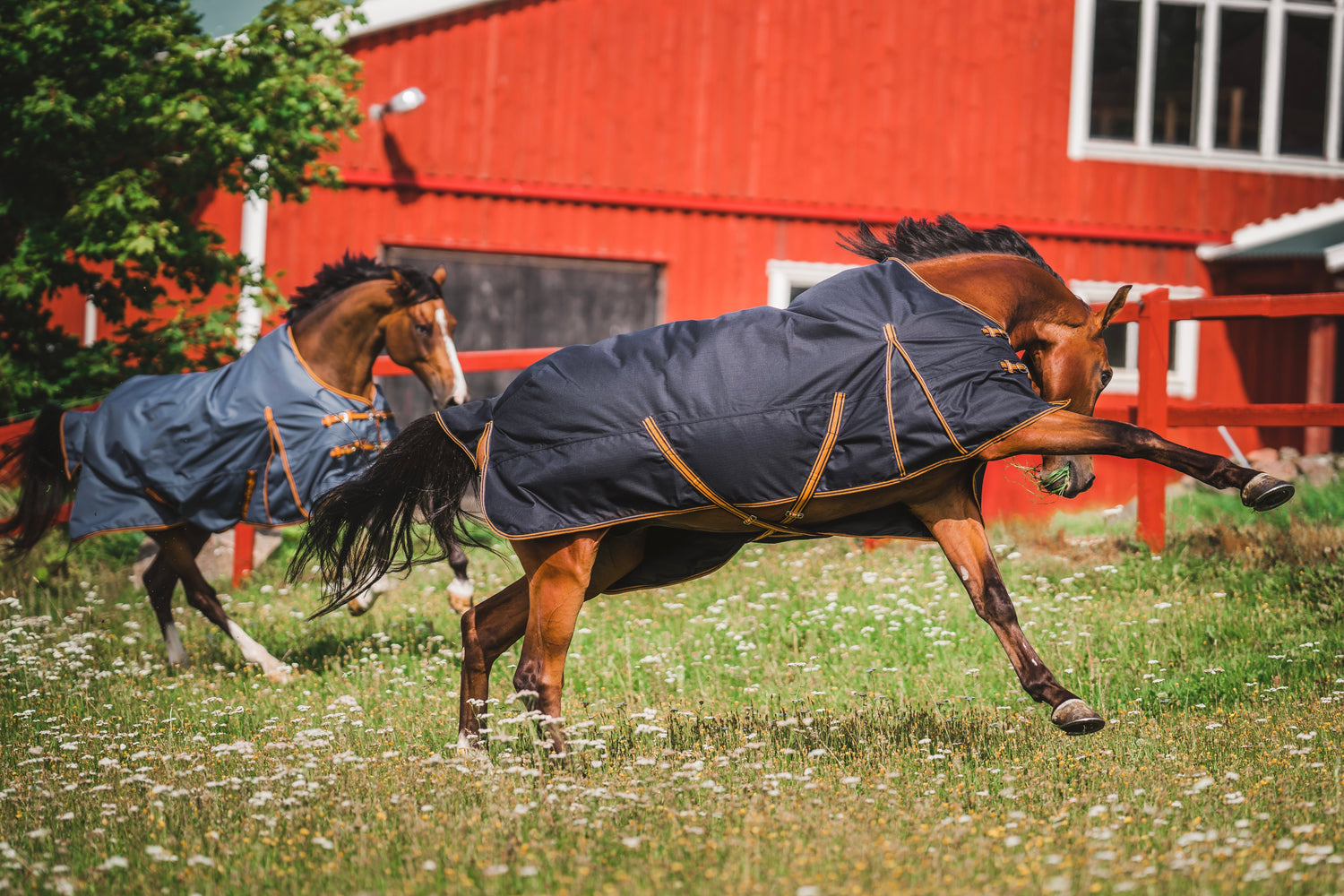Forcing, pressuring, stressing, and punishing all feel outdated and old-fashioned. None of these words are associated with anything constructive – instead, they immediately evoke negative thoughts and feelings when we hear them, read them, or experience them.
And yet, there are people who use these words through their actions every day in an attempt to build or create something. To me, that’s a mystery. In my view, these words tear things down rather than build anything up.
In my world, it’s not just communication and information that matter – it’s how we communicate and inform. How do we choose to convey our message or share what we want to say? What kind of feeling do I want the other person to walk away with – whether it’s a matter of communication, which always involves multiple individuals, or information, which is more about simply passing on a message?
When it comes to communication, I think the first question we should ask ourselves is whether we actually want the other person to respond – in other words, to participate in the “conversation” so it becomes a true dialogue. If not, then we’re dealing with information. These two flows are often confused.
Communication requires engagement and feedback. When I communicate with my horse, I want it to respond to me. That means there must be a reply – and that reply is always the correct one based on what I’ve chosen to communicate. Input creates output.
Information is more of a notice or statement. In my relationship with a horse, it might mean telling the horse that we’re going this way and not any other. Then it becomes a question of how I deliver that information so the horse not only agrees to go this way, but does so with trust.
Back to force, pressure, stress, and punishment. I believe that most of us horse people genuinely want what’s best for our horses and hope that life with them will be good for everyone involved. But sometimes, I think we do too much without considering how we present our message or what our intention is. We forget how our signals might be interpreted, and what unspoken words are hanging in the air. How is what I’m trying to say being received? What feeling does my counterpart or team member walk away with?
How would I react if the roles were reversed?
(This blog post has been translated using AI. We strive for accuracy and clarity, but certain nuances may vary. Thank you for your understanding.)



